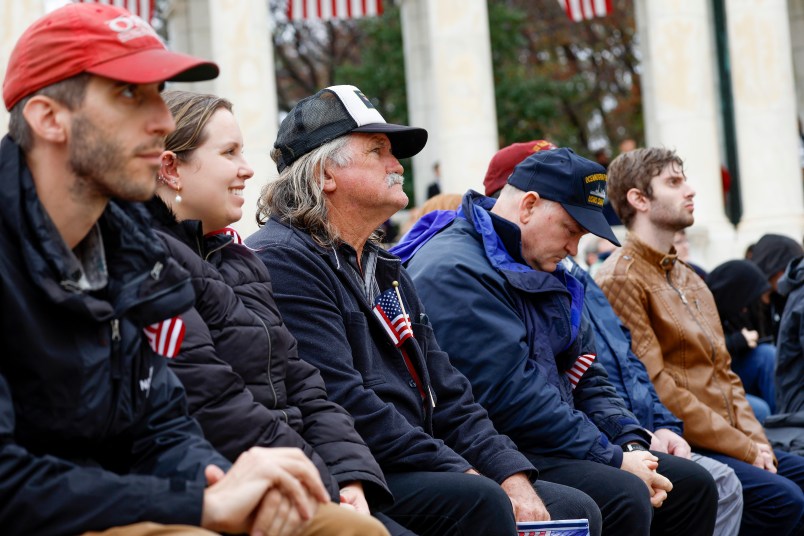One point about the Musk firing spree that was barely getting any attention at first is now starting to break through into mainstream media accounts: veterans are hugely overrepresented among federal civil servants, and even more so among probationary employees. They’re getting hit hard by these erratic and needless firings.
There are many reasons for this overrepresentation. First, there are many employment paths from the uniformed military into civilian work for the government. The transition from one form of public service into another often feels natural and consistent. As in the military, there is a similar trade-off or bargain: relatively modest salaries but work that is structured and stable. There are also explicit hiring preferences both for veterans and military spouses who are often themselves veterans. Many of these veterans have some sort of permanent disability for which their civil service job makes some kind of accommodation. Government policy also creates specific imperatives for creating hiring opportunities for disabled veterans.
I’ve seen different statistics, but most suggest that roughly 30% of government employees are military veterans whereas that number is around 5% in the private sector. Needless to say, you should not and do not need to be a veteran of the military to have an expectation that you won’t be treated like garbage by the government you work for. But it is a simple reality, and for many good reasons, that veterans have an especial place in the civic values and public imagination of the American people. And that has important implications for how the public is reacting to these events.






